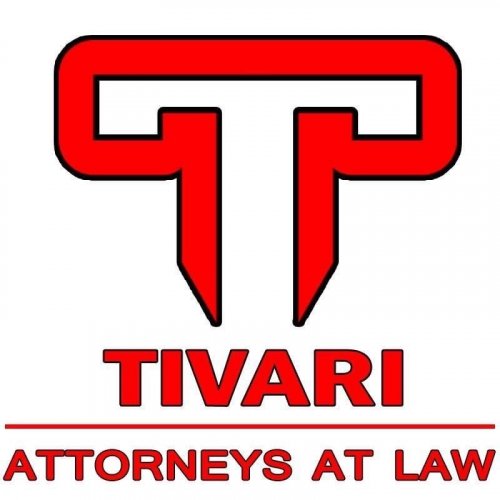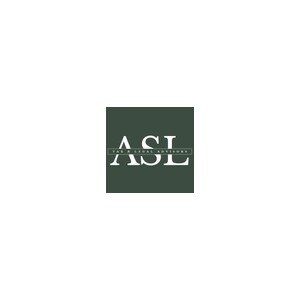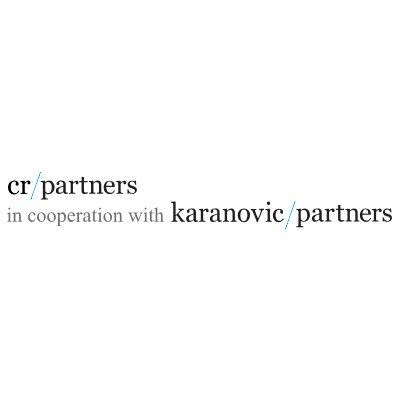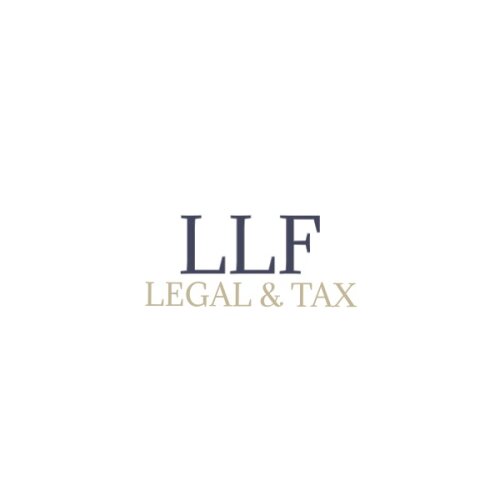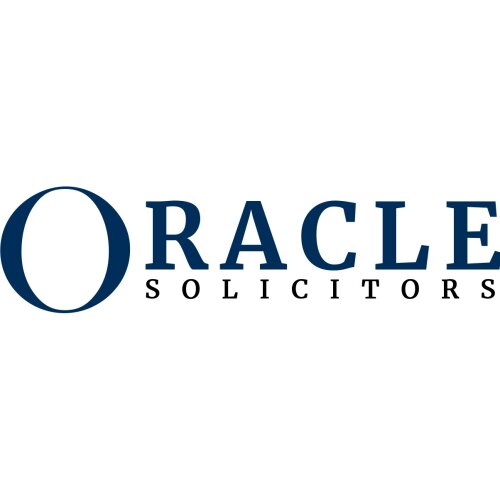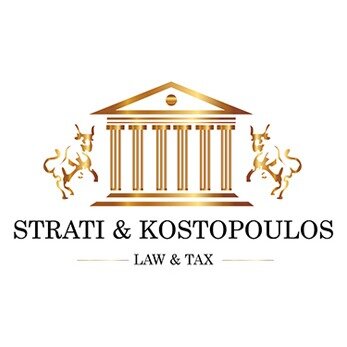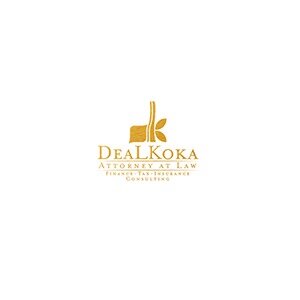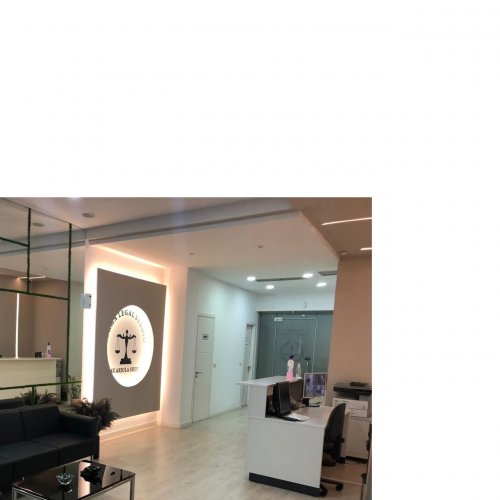Best Renewable & Alternative Energy Lawyers in Tirana
Share your needs with us, get contacted by law firms.
Free. Takes 2 min.
List of the best lawyers in Tirana, Albania
About Renewable & Alternative Energy Law in Tirana, Albania
Renewable and alternative energy is a growing sector in Tirana, Albania, reflecting the country’s commitment to sustainable development and environmental protection. This field encompasses the regulation and promotion of energy sources such as solar, wind, hydropower, biomass, and geothermal. Albania’s legal framework aims to encourage investment, support international cooperation, and ensure compliance with European Union energy standards. Those interested in producing, distributing, or consuming renewable energy should be aware that the legal landscape is detailed and regularly updated to reflect new policies and technologies.
Why You May Need a Lawyer
Engaging with renewable and alternative energy projects in Tirana often involves navigating complex laws, securing permits, and meeting regulatory requirements. Individuals and companies may require legal assistance in situations such as:
- Obtaining licenses or permits for renewable energy projects
- Drafting contracts for buying, selling, or investing in renewable energy
- Ensuring compliance with environmental protection standards
- Handling disputes with government entities or private partners
- Understanding incentives, subsidies, and tax benefits
- Resolving land use, zoning, and property rights issues
- Protecting intellectual property related to energy innovation
- Adapting to changes in local and international energy regulations
A lawyer specializing in renewable and alternative energy law provides valuable guidance to navigate these challenges and minimize risks.
Local Laws Overview
Albania has made significant strides in reforming its legal and regulatory frameworks to foster renewable energy. Some of the most relevant aspects of the local laws include:
- The Renewable Energy Law sets the legal framework for renewable energy production, usage, and promotion.
- The Energy Regulator Authority (ERE) oversees licensing, tariffs, and compliance for energy producers and suppliers.
- Feed-in tariff schemes provide guaranteed prices for certain types of renewable energy, mainly targeting small hydropower plants.
- Auction systems are increasingly used to allocate larger-scale renewable projects, particularly in solar and wind.
- The Law on the Promotion of the Use of Energy from Renewable Sources aligns with EU directives and aims to increase the share of renewables in Albania’s energy mix.
- Environmental Impact Assessments (EIA) are mandatory for most renewable energy projects.
- Land and property regulations affect where and how renewable installations may be constructed, particularly for wind and solar farms.
- Grid connection rules define the requirements for feeding electricity from renewables into the national grid.
Understanding these laws is crucial for anyone developing, investing in, or operating renewable energy projects in Tirana.
Frequently Asked Questions
What types of renewable energy projects are most common in Tirana?
The most common projects involve hydropower, solar, and, to a lesser extent, wind energy. Hydropower especially has a long tradition in Albania, while solar projects are increasingly popular in urban areas like Tirana.
What permits are needed for a new solar energy installation?
You will typically need construction permits, environmental clearance, and a license from the Energy Regulator Authority (ERE). The specific permits depend on the project's size and location.
Are there incentives for investing in renewable energy in Albania?
Yes, Albania offers incentives such as feed-in tariffs, tax reductions, and access to grants or favorable financing, particularly for small-scale and innovative renewable projects.
Can foreign investors develop renewable energy projects in Tirana?
Foreign investment is encouraged in the Albanian energy sector. Investors must comply with local laws and can benefit from many of the same incentives as domestic investors.
What is the role of the Energy Regulator Authority (ERE)?
ERE oversees licensing, sets tariffs, monitors compliance with regulations, and resolves disputes in the energy sector, including the renewable and alternative energy market.
Do renewable energy projects need an Environmental Impact Assessment?
Most medium and large-scale projects, particularly those involving wind, solar, or hydro, require a mandatory Environmental Impact Assessment before commencing construction.
How are disputes relating to renewable energy typically resolved?
Disputes may be resolved through negotiation, mediation, regulatory review (by ERE), or through civil court proceedings, depending on the nature of the dispute.
Are there specific land use rules for renewable energy developments?
Yes, land use rules apply to the siting of solar parks, wind farms, and hydropower installations. These include zoning requirements, distance from protected areas, and property ownership regulations.
How can energy be sold back to the grid in Tirana?
Producers can sell energy back to the grid by signing a contract with the national transmission operator, subject to conditions set by ERE and available feed-in tariff or auction mechanisms.
Are there legal requirements for energy efficiency in renewable projects?
Yes, Albanian law includes energy efficiency requirements for new installations and incentivizes improvements that reduce energy consumption and increase overall efficiency.
Additional Resources
For more information or support regarding renewable and alternative energy in Tirana, consider reaching out to these organizations and bodies:
- Energy Regulator Authority (ERE) of Albania
- Ministry of Infrastructure and Energy
- National Agency of Natural Resources (AKBN)
- Albanian Investment Development Agency (AIDA)
- Albanian Renewable Energy Association
- International donor programs supporting renewables in Albania such as EBRD or the European Union
These organizations provide information on policy, investment opportunities, legal requirements, technical standards, and available incentives.
Next Steps
If you are considering a renewable or alternative energy project in Tirana or need help with legal matters in this field, it is important to:
- Widen your understanding of local and national energy policies
- Gather relevant documentation about your intended project
- Consult with a legal professional specializing in energy law
- Engage with relevant governmental agencies early in your planning process
- Stay informed about upcoming changes in legislation or incentive programs
A specialized lawyer can guide you through permit applications, due diligence, compliance checks, and negotiations to ensure your project runs smoothly and lawfully. Carefully planning your next steps will help you take full advantage of Albania’s evolving energy landscape.
Lawzana helps you find the best lawyers and law firms in Tirana through a curated and pre-screened list of qualified legal professionals. Our platform offers rankings and detailed profiles of attorneys and law firms, allowing you to compare based on practice areas, including Renewable & Alternative Energy, experience, and client feedback.
Each profile includes a description of the firm's areas of practice, client reviews, team members and partners, year of establishment, spoken languages, office locations, contact information, social media presence, and any published articles or resources. Most firms on our platform speak English and are experienced in both local and international legal matters.
Get a quote from top-rated law firms in Tirana, Albania — quickly, securely, and without unnecessary hassle.
Disclaimer:
The information provided on this page is for general informational purposes only and does not constitute legal advice. While we strive to ensure the accuracy and relevance of the content, legal information may change over time, and interpretations of the law can vary. You should always consult with a qualified legal professional for advice specific to your situation.
We disclaim all liability for actions taken or not taken based on the content of this page. If you believe any information is incorrect or outdated, please contact us, and we will review and update it where appropriate.




